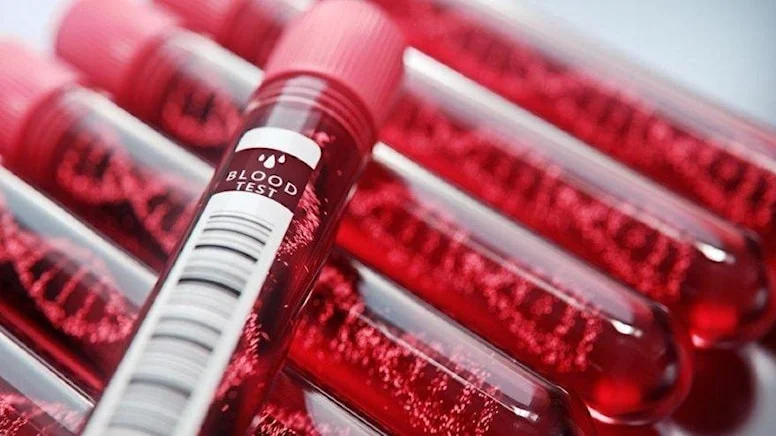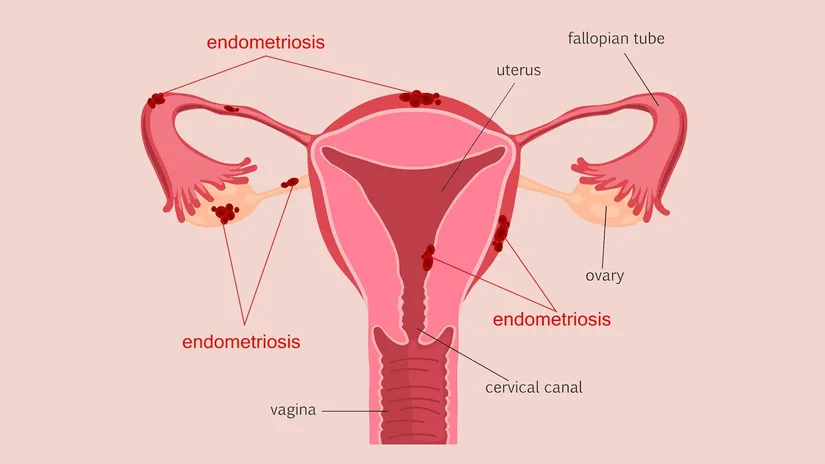Disruption of the vaginal flora lies at the heart of vaginal infections that every woman encounters at some point in her life. It will be enough to take small precautions to prevent vaginal infections, which can sometimes be simple and sometimes lead to serious complications.
Prevention of Vaginal Infections
1 . Vaginal Cleaning
When cleaning after using the toilet, the direction of cleaning should always be from front to back. If cleaning is done from back to front in the opposite direction, bacteria and germs around the anus can be carried into the vagina. This disrupts the vaginal flora and predisposes to infection.
2 . Nem
Another cause of vaginal infections is dampness in the genital area. Moisture can lead to some infections, especially fungus, so this area should be kept as dry as possible and hygiene should be ensured by changing underwear every day.
3 . Vaginal Douche
Vaginal douching, which is done by washing the inside of the vagina with pressurized water, is definitely not recommended as it disrupts the vaginal flora. Vaginal douching disrupts the pH of the vagina and negatively affects Lactobacilli. This makes it easier for other bacteria and fungi to grow.
4 . Cotton Laundry
Synthetic underwear prevents air circulation in the genital area, absorbs moisture and can pave the way for vaginal infections. Therefore, cotton, breathable and moisture-repellent products should be used when choosing underwear.
5 . Tight Clothing
Especially tight pants, although they are one of the most preferred models among women, can be extremely inconvenient for vaginal health. Staying in tight clothing for a long time increases the moisture content of the genital area and invites vaginal infections.
6 . Irritant Substances
Irritants such as perfumes, creams, scented hygiene products, soaps, colored and scented toilet paper are among the most unhealthy products for the genital area. Therefore, these types of products can lead to more frequent infections, which can impair your vaginal health.
7 . Condom Use
Most vaginal infections are transmitted during sexual intercourse. Always use condoms to prevent sexually transmitted diseases, especially if you are not in a long-term monogamous relationship.
It is important for your genital health to consult your doctor as soon as you feel symptoms suggestive of vaginal infection and to receive treatment before the infection becomes complicated.







